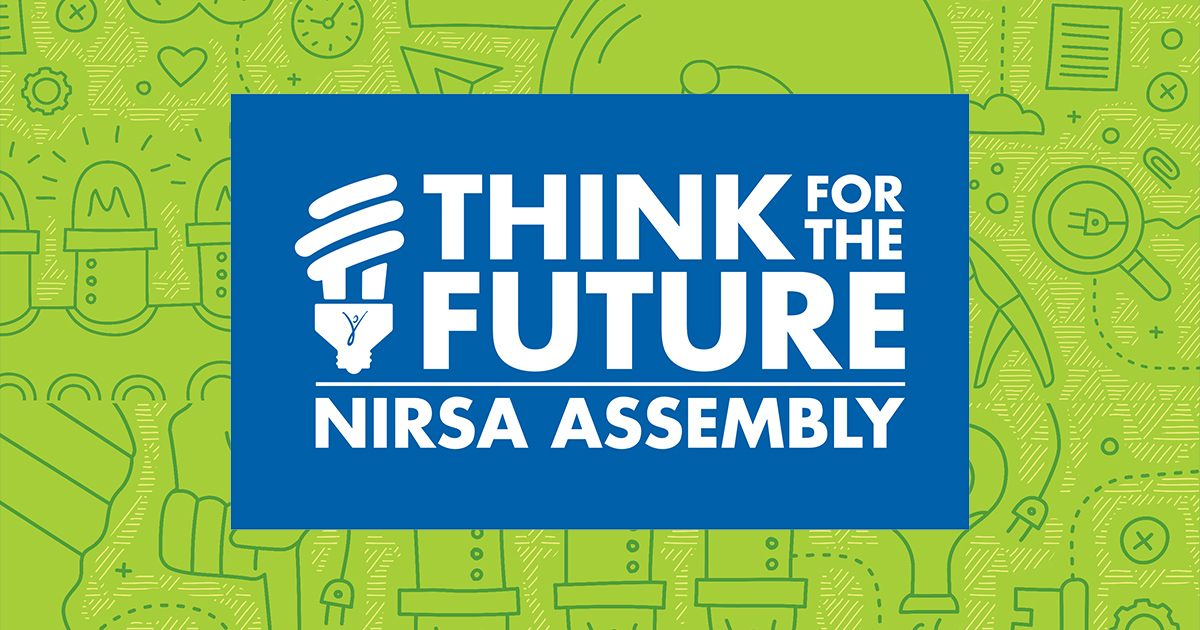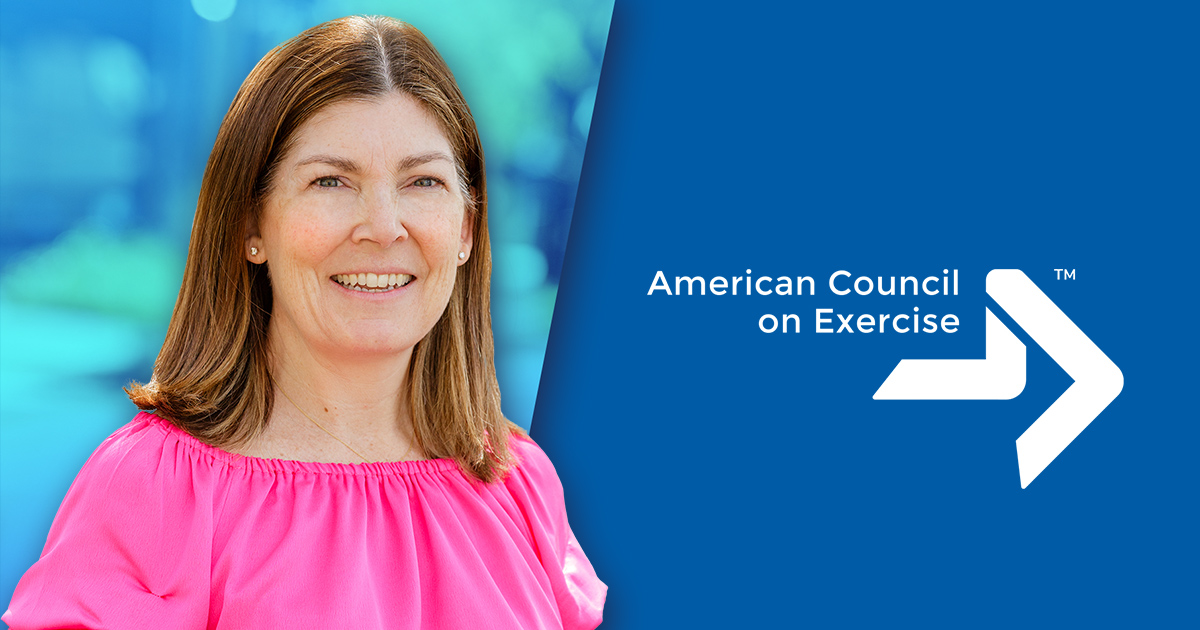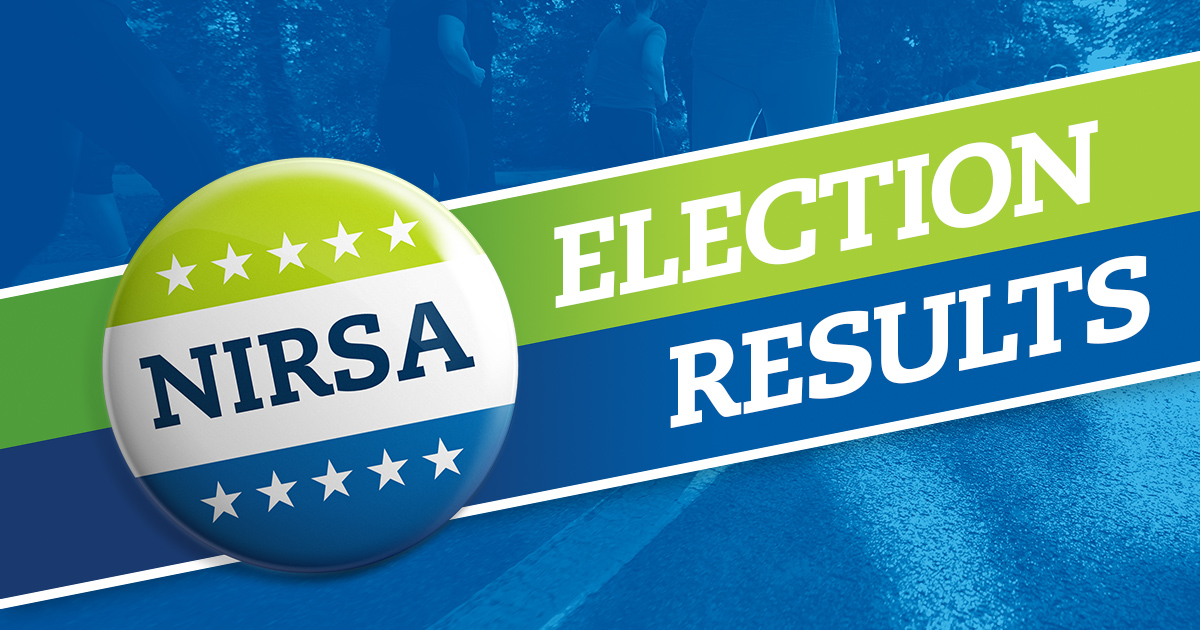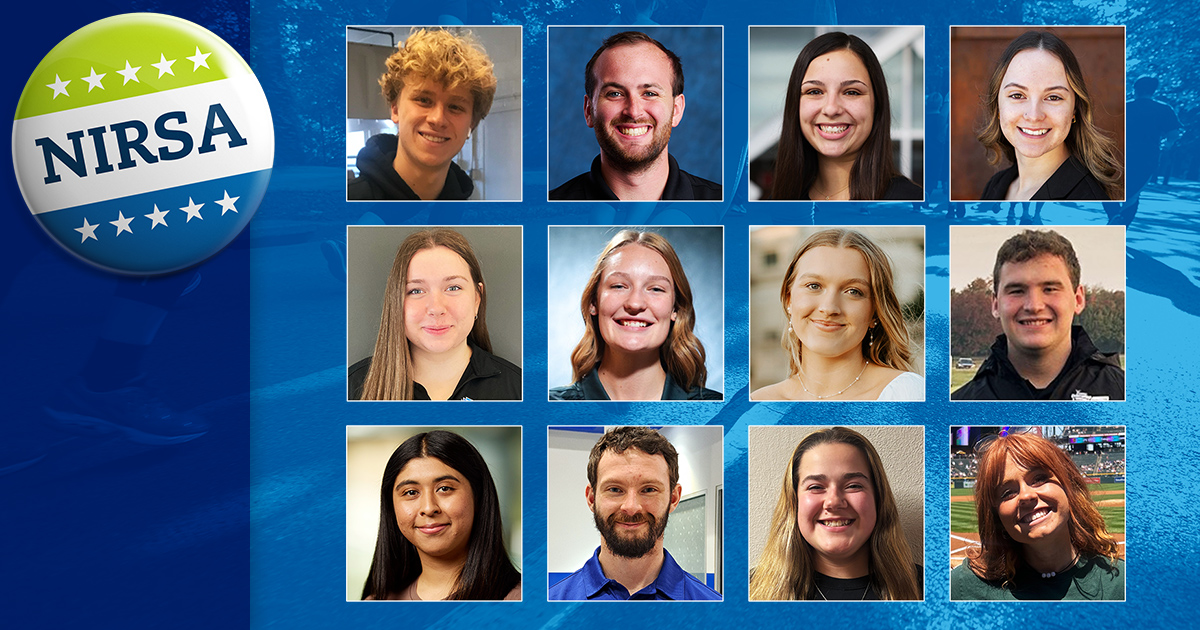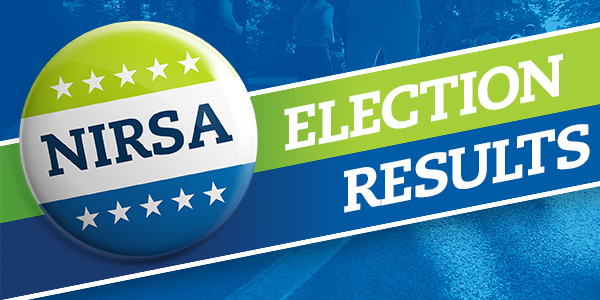The NIRSA Assembly is a forward-thinking leadership group that focuses on the “hot topics” affecting the collegiate recreation profession. This past year, an Assembly sub-work team was tasked with examining how collegiate recreation departments navigated and responded to disruptors. This was obviously an extremely timely topic given the COVID-19 pandemic. The sub-work team’s goal was to discuss the potential lasting impacts of COVID-19 on our institutions and on higher education as a whole. The sub-work team also considered which lessons learned from this last year could prove useful in navigating a future disruptor.
The sub-work team decided to host two Ideas in Motion focus groups—one in December 2020 and another in January 2021—to gather information on this topic. The sub-work team chose focus groups due to the evolving nature of the COVID-19 pandemic; they thought these focus groups would allow them to gather the most up-to-date information from the NIRSA community. The focus group sessions started with an introduction of the topic followed by guiding questions. Participants were asked to really focus on lessons learned from COVID-19 and how those lessons can translate to navigating future disruptors to the industry. A third and final focus group session was held as part of a NIRSA Annual Conference presentation with refined breakout room topics and questions for discussion.
The sub-work team noted a few recurring themes or common challenges over the course of the focus group sessions. The following eight themes can be applied to future disruptors: communication, navigating financial impact, staffing, sustainability, collaboration, adaptability, health & safety, and leadership. The Assembly sub-work team has created an infographic with short descriptions of these themes. It can be found in Connect along with the slides and questions used for the focus group breakout room discussions.
Looking forward
This pandemic has tested and challenged us, but it has also illustrated that we are compassionate, creative, and resilient. We’ve created new programs, launched innovative virtual opportunities, and adjusted our operations in ways previously unimaginable. We certainly have a lot to be proud of even if we know there’s still work to be done.
“Post-pandemic” is a complex topic with many variables. First, when will the pandemic really be over? One of the things we observed is that it was difficult to look back and reflect on all the innovations and work accomplished when we are still very much in the middle of a pandemic. The reality is that some aspects of the pandemic could be with us for quite some time. Second, what stays or goes? What do we need in order to be better prepared for another potential disruptor?
While this academic year is wrapping up and the Assembly’s work is concluding for the year, returning Assembly members look forward to continuing conversations on this topic in the fall. There’s no doubt that the lessons learned during this past year will help the Association and universities take future disruptors head on.
What’s next for the Assembly? Stay tuned!
Clay Heinley is Recreation Operations Coordinator at Austin Peay State University. He serves on the NIRSA Facilities Awards Committee.
Laura Ferguson is currently Coordinator, Recreational Programs and Initiatives at Lakehead University.
Jordan Olson is currently the Associate Director for Facilities and Programs at Western Michigan University.


